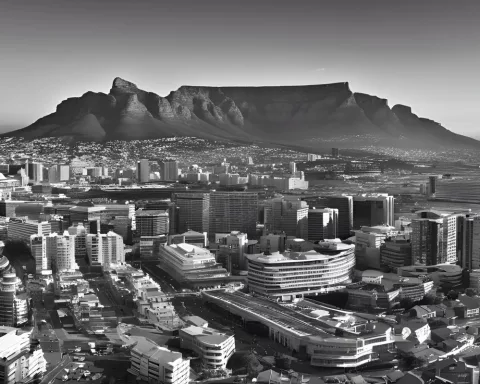The city of Cape Town is taking significant steps towards improving its business environment by launching the Ease of Doing Business Index. The initiative is a response to feedback from the private sector, which identified the ten critical indicators required for the city to improve. The ten indicators will track the ease of doing business in the city, with a focus on facilitating infrastructure investment and economic growth.
Ten Critical Indicators for the Ease of Doing Business Index
The Ease of Doing Business Index is set to track ten critical indicators that will help to make Cape Town the easiest place to do business in Africa. The indicators are building plan approvals, getting land use rights, getting electricity, connecting to the water network, rates clearance certificates, informal trading permits, digitisation of city services, permissions to lay fibre internet cables and pipelines, public land transfers, and obtaining a business license.
A Culture Change and Digital Transformation in the City
Mayor Geordin Hill-Lewis highlighted the importance of making the city more efficient, responsive, and digitally accessible during the Index’s launch at City Hall. The government aims to simplify and expedite various processes, including development approvals, infrastructure investments, and connections to essential utilities.
Progress and Future Developments
The City of Cape Town is already making significant strides in enhancing its business environment, including automating property rates clearance certificates, speeding up water connections for businesses by 75%, and upgrading the online Development Applications Management Portal. The city also plans to end load-shedding over time by buying power on the open market, improving the electricity connection process through online applications for normal and small-scale embedded generation (SSEG), accelerating the rollout of fibre internet, pipelines, and utility cables, and digitizing the Business Licence system for City Health approvals.
Paving the Way for Economic Growth and Job Creation
With the Ease of Doing Business Index, Cape Town aims to pave the way for economic growth and job creation in Africa, serving as a benchmark for the city’s progress in streamlining its business processes and improving its overall business environment. It will enable Cape Town to identify areas for improvement and implement changes to make it even more attractive for investors and entrepreneurs.
Cape Town’s Ease of Doing Business Index has the potential to create significant positive impacts for the city and its economy, and its success may inspire other cities in Africa and beyond to adopt similar approaches to fostering a more business-friendly environment. As the city continues to progress in its Ease of Doing Business Index, it will be essential to monitor its results and learn from its successes and challenges.












